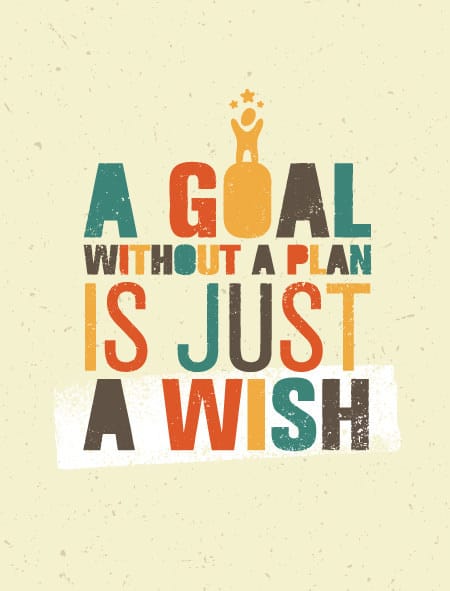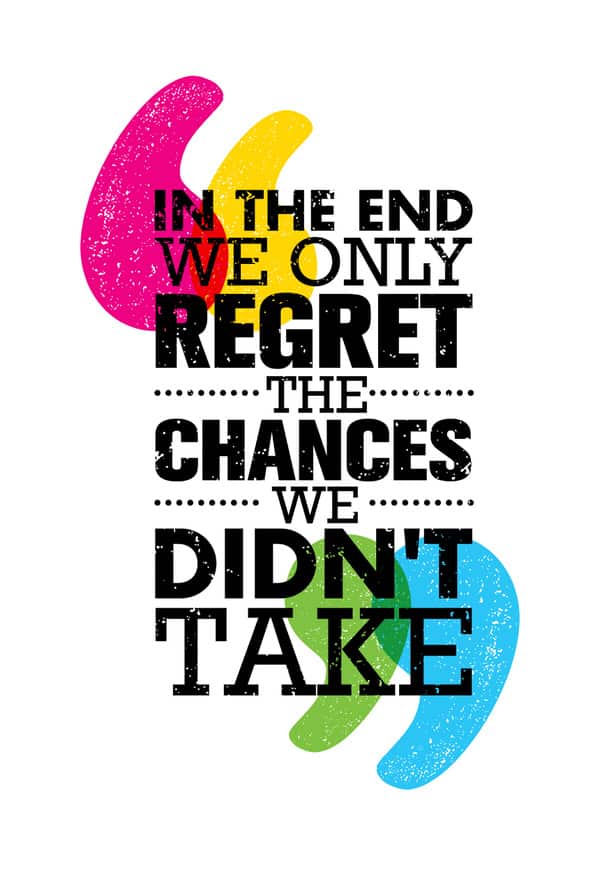Want to do something new at midlife, but having trouble doing it? Midlife is a great time to shift your focus, learn a new skill, even start a different career. But it can also be difficult to do something new at this point in your life. Especially if by now, you feel you’ve been doing the same thing for lots of years.
Don’t give up yet, though. The resilience that’s brought you this far will help you do something new at midlife. Read on for specifics.

Change is hard
I’m trying to start something new at midlife, but I’m struggling. Moving toward my new goal will require me to alter my focus, give up old habits, learn new skills. I want to do it, feel called to do it. But it’s hard to change. It’s easier to procrastinate: pay the bills, reply to emails, clean the kitchen, do laundry. Do almost anything else, to tell you the truth.
The new thing I want to do is Jubilant Age. I love to write and want to share what I’m learning about how to live your best midlife. I believe I can help fellow travelers on the midlife journey. I have tons of ideas. I feel happy and energized when I spend time on the topic.
However, I’m finding that turning good ideas into regular blog posts is really hard. I’d always thought I was self-disciplined. But in this area, I’m failing. To make things worse, I’m spending more time worrying about why I’m NOT pursuing my goal than I am figuring out how to go after it.
From anxiety to action
Whether your goal is starting a new business or losing ten pounds, worrying about it doesn’t get you anywhere. In fact, worry itself can immobilize you. And you’re not alone in this problem: it’s human nature to fret. In fact, it’s easier to worry about starting something new at midlife than it is to do something new at midlife.
While worrying and procrastinating, I’ve searched the internet for solutions to my problem. No surprise: tons of people are looking for and suggesting ways to make new habits stick, to accomplish your goals. Here are some of my favorite tips on turning anxiety into action.

1. Know why you want to do something new at midlife
It sounds obvious, but you can set goals for yourself without thinking through why you want to achieve them. For example, you might decide to take a class in writing computer code. You’ve heard that most jobs in the future will require technical knowledge, and learning to code makes sense. Exploring a new topic is wonderful. Changing careers, however, will involve more than taking a few classes.
If you’re serious about this new career path, you’ll investigate what’s involved, where the jobs are, how much you’re likely to earn and what people actually do. Based on these specifics, you can discern whether it’s something you really want for yourself, or mainly a good idea in the abstract.
In the same way, setting a goal to lose ten pounds is worthwhile. But perhaps a slimmer body is only one aspect of a larger goal for you, like building self-confidence. If you can articulate why you want to do something new at midlife, you’re more likely to do it.
2. Plan big but start small
Have you articulated a BHAG, a Big Hairy Audacious Goal? Stanford Graduate School of Business faculty members Jim Collins and Jerry Porras coined this term in their book Built to Last*. It means a clear, compelling goal that a visionary company uses to inspire change.
You can motivate yourself to do something new at midlife by setting your own personal BHAG. But also craft a plan to reach your goal in logical steps. You’ll keep from getting discouraged and grow in confidence as you pass smaller milestones along your journey.
99U blogger Gregory Ciotti says scientific research supports “micro quotas and macro goals.” In other words, inspire yourself to act by setting big goals, but keep yourself moving forward with smaller quotas along the way. So for example, a novel writer might commit to a daily page count. A new consultant could set weekly targets for networking meetings with potential clients. These smaller quotas help them make consistent progress toward their bigger goals of publishing a book or building a roster of clients.

3. Lower the volume on your inner critic
As you start something new at midlife, your inner voice of judgment may turn out to be your biggest obstacle. I know this firsthand.
I usually start something new by setting an overly-ambitious goal that I don’t break down into manageable steps (see #2). Then I get angry with myself for failing to meet my goal. Then I wonder if there’s any point in continuing to try (and presumably fail) to reach my goal. Or whether instead of trying something new, I should go back to what I already know how to do.
Don’t compare your beginning to someone else’s middle
Settling for the safe, predictable path forfeits the chance to do something you might actually love. As Jon Acuff, Ruth Soukup and others have advised, “Don’t compare your beginning to someone else’s middle.” It’s essential that you own your own journey, that you don’t try to make your progress match someone else’s. Don’t sabotage your own results by comparing yourself to people further down the road.
Quiet your VOJ (Voice of Judgment)
I’m learning to lower the volume on my own inner critic’s voice as I pursue both professional and recreational goals. Although I’ve failed to meet the initial objectives I set for myself in starting this blog, I’m trying to be patient with myself. I want to persist in spite of less-than-perfect performance.
I’m also working to quiet my inner critic on the tennis court. Instead of judging a shot as “good” or “bad,” I want to move on and get ready for the next ball. In life as well as sport, time spent judging past events is time not spent dealing with your present situation.
It’s hard to quiet the VOJ (Voice Of Judgment), especially if it’s been your constant companion all these years. But if you’re like me, you want to taste the freedom and joy that comes from living in the present, without judging the past or fearing the future. You can. Let it go, wipe the slate clean and start again.

4. Do it for yourself
In The Champion’s Mind*, sports psychologist Jim Afremow describes how Olympians and professional athletes sustain progress within their sports. One of the ways he suggests you develop mental toughness is by adopting your own slogan. He offers famous slogans like the Navy SEALs’ “DWI (Deal With It)” and New York Giants’ coach Bill Parcells’ phrase, “Blame nobody, expect nothing, do something.”
Another of Afremow’s slogans is particularly relevant to people doing something new at midlife. It’s “PTAFW (Prove Them All F****** Wrong).” While PTAFW shouldn’t be your reason for pursuing a new goal, it may motivate you when you’re feeling stuck or alone.
Doing something new at midlife can feel lonely. Even family and close friends can inadvertently get in your way. They may not be able to envision you doing something new. At the same time, they may feel you’re abandoning them when you’re working on your new thing. They might even make you feel guilty about trying to change.
By all means, look for people who can encourage you on your new path. But don’t drop old friends because they don’t share your vision: instead, show them the way. Know why you’ve chosen to start something new at midlife (see #1). And do it for yourself, not for your spouse, kids or friends.
You know where you’re going. Let them catch up with you. Prove them all f****** wrong.

Tips from a fellow traveler
I share these tips with you not as an expert, but as a fellow traveler on the midlife journey. They’re helping me start something new at midlife. I hope they encourage you, too:
- Know why you want to start something new at midlife
- Plan big but start small
- Lower the volume on your inner critic
- Do it for yourself: PTAFW
What other tips or insights are helping you start something new at midlife? Let me know in the comments!
Images via: Shutterstock



